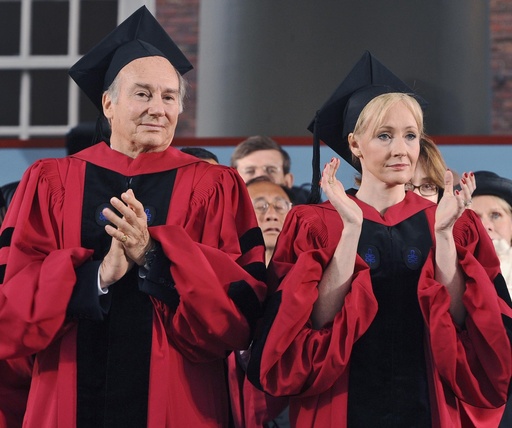
PARIS — The Aga Khan, spiritual leader of millions of Ismaili Muslims, has passed away at the age of 88. He died on Tuesday in Portugal, surrounded by family. The Aga Khan IV, who was born Prince Karim Al-Hussaini, took on the role of religious leader as a young man while attending Harvard University. Throughout his life, he dedicated his significant resources, accumulated from tithes, to the development of homes, hospitals, and schools in underprivileged areas across various countries.
His passing was confirmed by the Aga Khan Development Network and the Ismaili community. Details about his successor will be revealed during a ceremony in Lisbon, with the date yet to be announced. The selection process involves picking a male descendant or a relative, as outlined by the Ismaili community’s guidelines.
Prince Karim Aga Khan IV was revered by his followers as a direct descendant of the Prophet Muhammad. When he was just a student, his grandfather chose him over his father to take on the leadership role, emphasizing the need for a leader who could connect to the modern world. Over the years, the Aga Khan adeptly balanced his roles as both a business leader and philanthropist.
While his death was announced in the late hours for parts of Europe and the Middle East, commemorative gatherings were already taking place in Ismaili communities in the United States. Tributes were shared online, not only from the myriad charities he supported but also from the equestrian community where he was a prominent figure.
Canadian Prime Minister Justin Trudeau described him as “an extraordinarily compassionate global leader” and expressed that he would be greatly missed worldwide. The Aga Khan was afforded the privilege of being treated like a head of state and received the title “His Highness” from Queen Elizabeth II in July 1957, following his grandfather’s decision to name him as the heir to a lineage that spans over 1,300 years.
He formally became the Aga Khan IV on October 19, 1957, in Tanzania, where his grandfather had received substantial gifts. He had temporarily left Harvard to care for his ailing grandfather, returning to complete his studies with a newfound sense of duty. In a 2012 interview, he remarked on the weight of responsibility he felt at such a young age, stating, “I don’t think anyone in my situation would have been prepared.”
Renowned for being a proponent of Islamic values, he was known for fostering relationships between Muslim communities and the West, often avoiding political engagements. His philanthropic organization, the Aga Khan Development Network, focuses on health, education, housing, and rural development in over 30 countries, boasting an annual budget of about $1 billion for its activities.
He invested heavily in infrastructure, including establishing hospitals in impoverished areas such as Bangladesh and Afghanistan, aiming to uplift local economies. While his wealth has been estimated in the billions, the full extent of his financial influence is difficult to ascertain.
The Ismailis, a sect expanding from its Indian roots to large populations in East Africa, Central and South Asia, contribute a significant portion of their income—up to 12.5%—as a tithe to the Aga Khan, whom they see as their steward. He articulated his views in a 2012 interview, emphasizing that wealth should be viewed not as negative but as a responsibility to better society under Islamic principles.
Born on December 13, 1936, near Geneva, Switzerland, the Aga Khan was raised partly in Nairobi, where a hospital now bears his name. He also gained recognition as a horse breeder and an Olympian skier representing Iran in 1964. His passion for architecture led him to create a prize in that field and drive programs in Islamic Architecture at prestigious institutions like MIT and Harvard. His commitment to preserving historical Islamic architecture was evident in his extensive restoration projects.
Having spent significant time living in France, he had resided in Portugal in recent years. His development network and foundation are headquartered in Switzerland. Details regarding his burial—set to take place in Lisbon—will be shared later. The Aga Khan is survived by three sons, a daughter, and several grandchildren.

